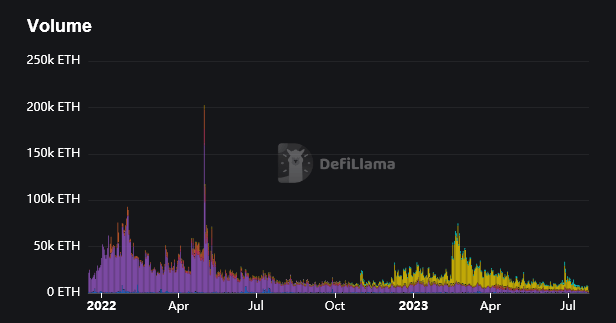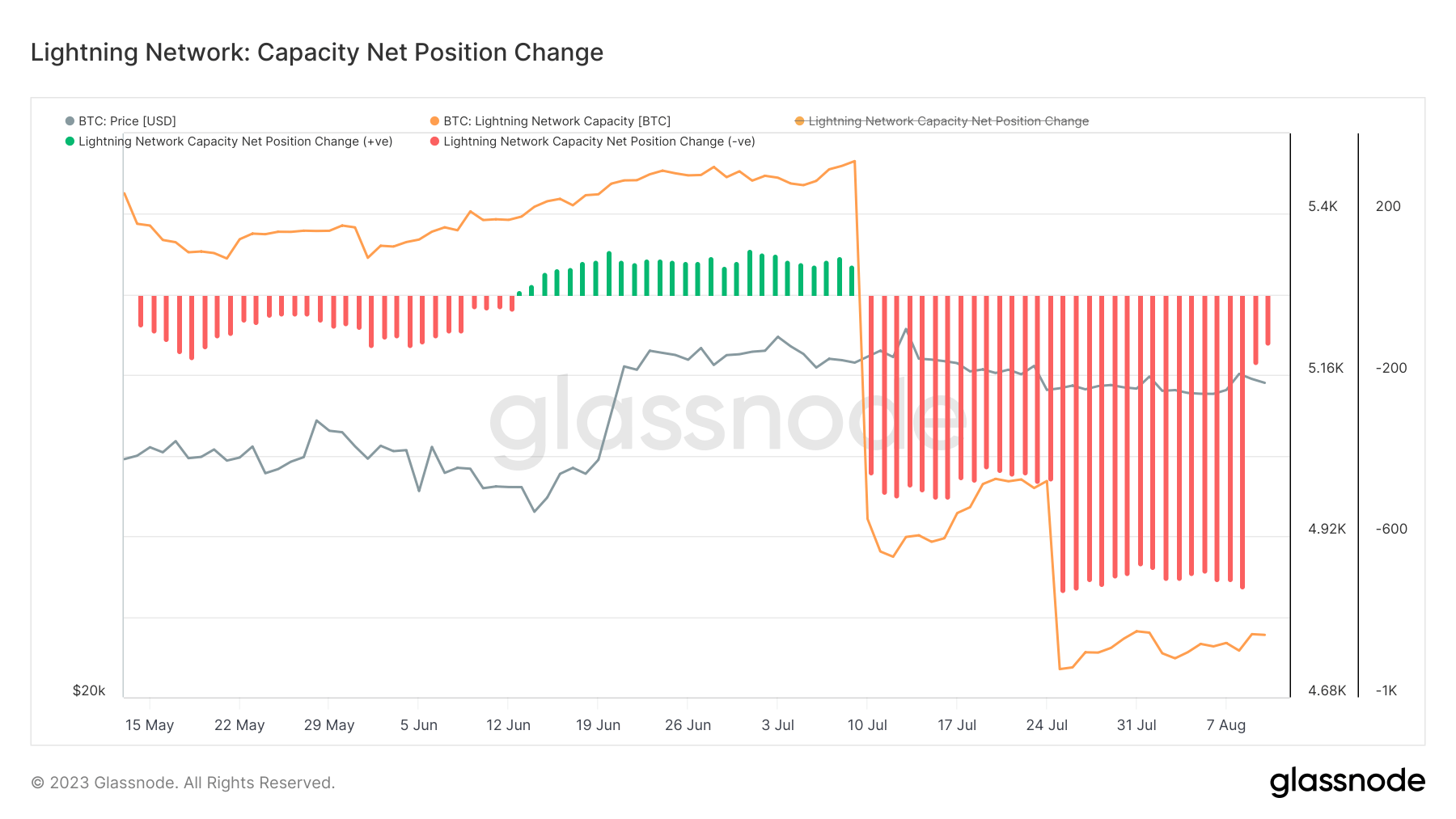Elon Musk’s acquisition of Twitter’s ‘X’ handle sparks widespread decentralization discussion

Elon Musk has reportedly assumed control of the @X account on Twitter without remunerating the original user who held this username for over 16 years. The move has sparked a substantial wave of criticism, predominantly from the crypto community.
The Independent reported that Gene X. Hwang, co-founder of photo firm Orange Photography, had the account for over a decade until Twitter’s unexpected rebranding brought it into the limelight.
On Tuesday, Hwang confirmed that neither Musk nor Twitter had made contact with him, but by Wednesday, the account was evidently under the control of the tech billionaire. Hwang made a brief statement from his new account, @x12345678998765, posting, “All’s well that ends well.”
According to The Telegraph, no monetary exchange occurred between Musk or Twitter and Hwang for the one-letter account. Some company merchandise was, however, reportedly offered. The Independent has reached out to Twitter for additional information regarding the matter.
Interestingly, this is not the first incident of this nature involving Musk. After assuming control of Twitter in October 2022, he has reportedly commandeered other accounts without seeking permission from their original owners.
One such instance involves the @e username, according to Zoe Schiffer, editor at Platformer. Shortly after acquiring Twitter for $44 billion, Musk took over the account, despite the reluctance of the original owner to relinquish it.
Elon Musk’s acquisition of the @X handle has highlighted the need for decentralized alternatives and has incited lively discussions within the crypto community about the potential downsides of centralization.
As the discourse evolves, these decentralized alternatives to traditional social media platforms could gain more traction and offer a counterpoint to centralized platforms’ control.
Lens Protocol, a Web3 social network on Polygon, and Ethereum Name Service (ENS), an Ethereum-based naming system, have been heavily referenced throughout the discussion, with many pointing out the potential for increased adoption of such platforms.
Such platforms allow the self-custody of accounts, providing security to owners against centralized control. In contrast, Twitter, a private company, has little responsibility to its users with regard to account ownership.






